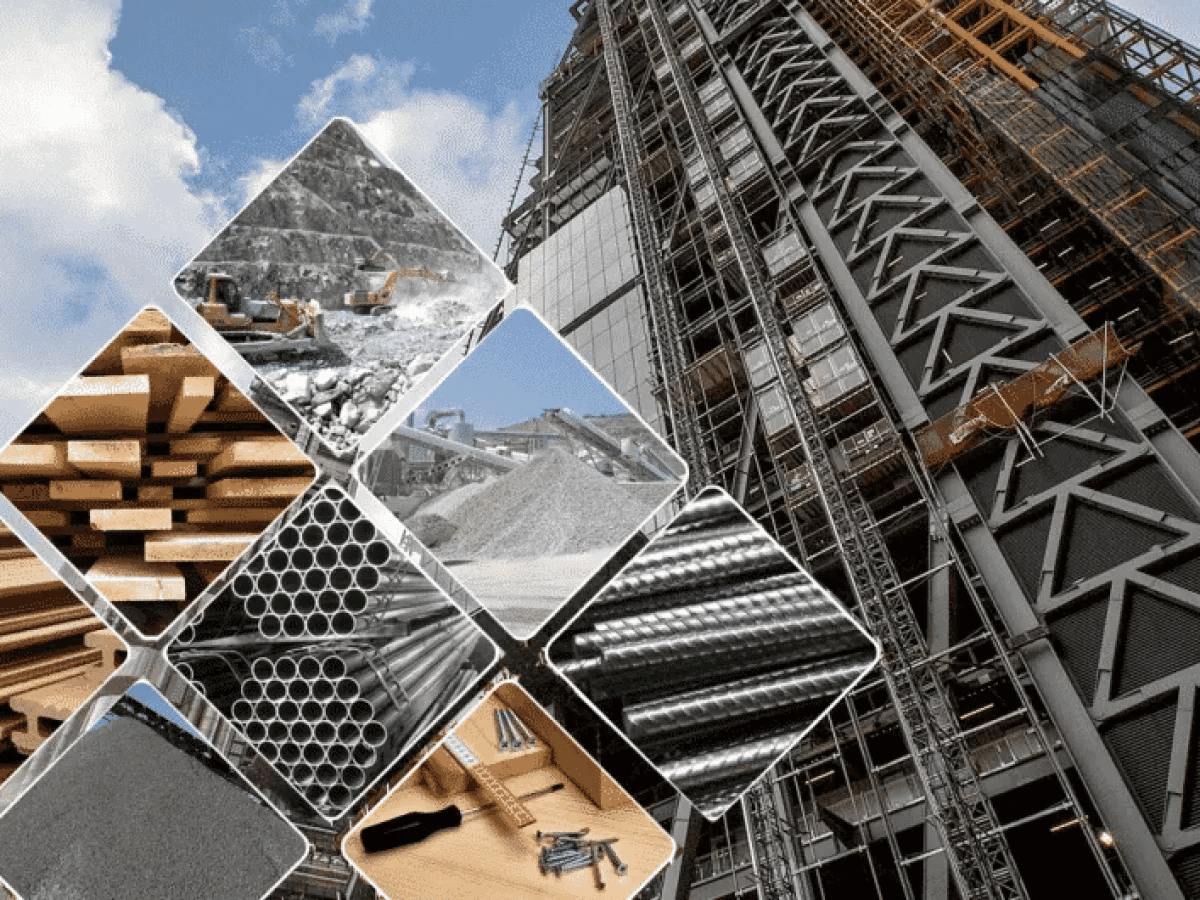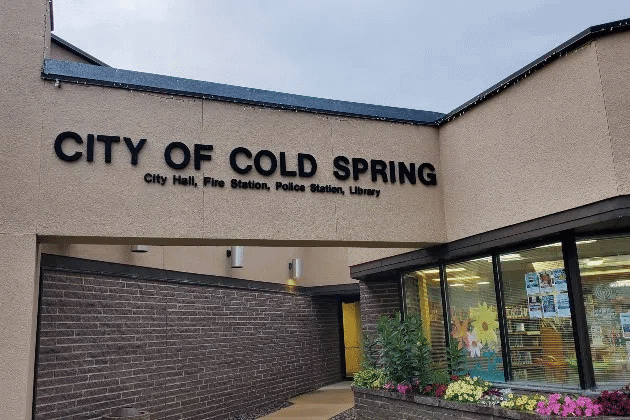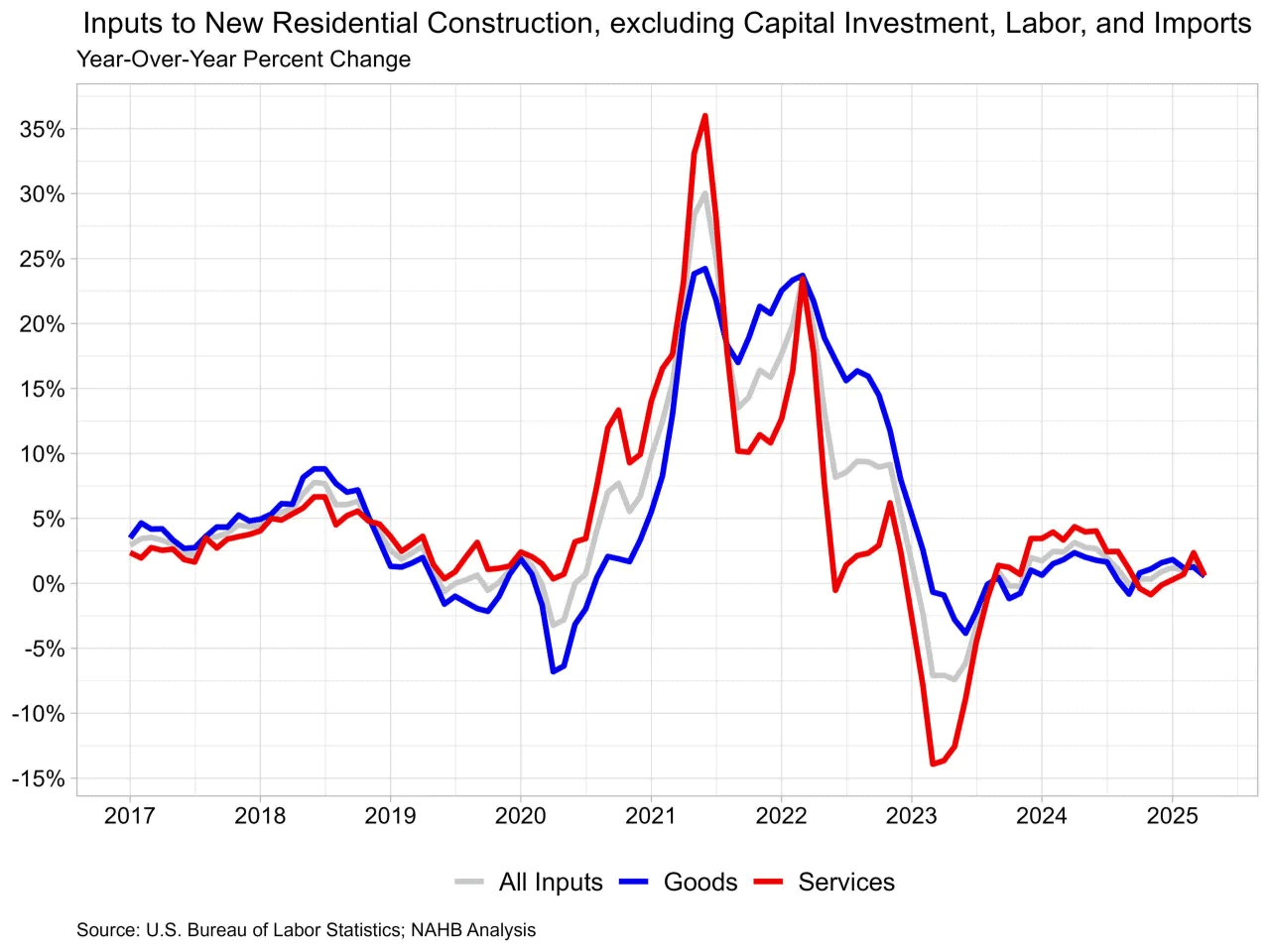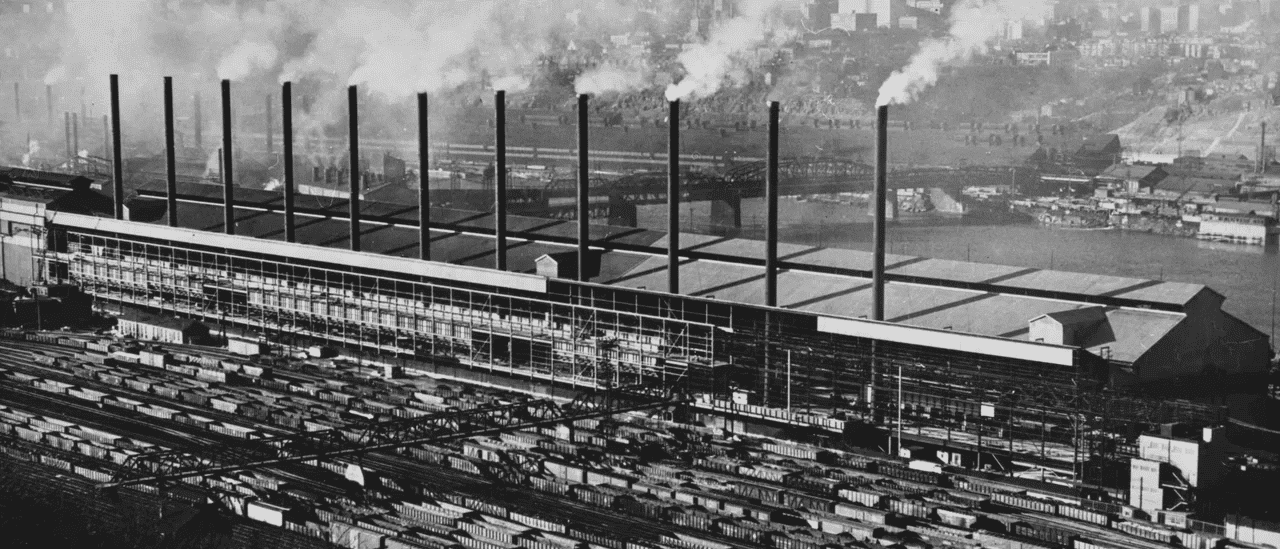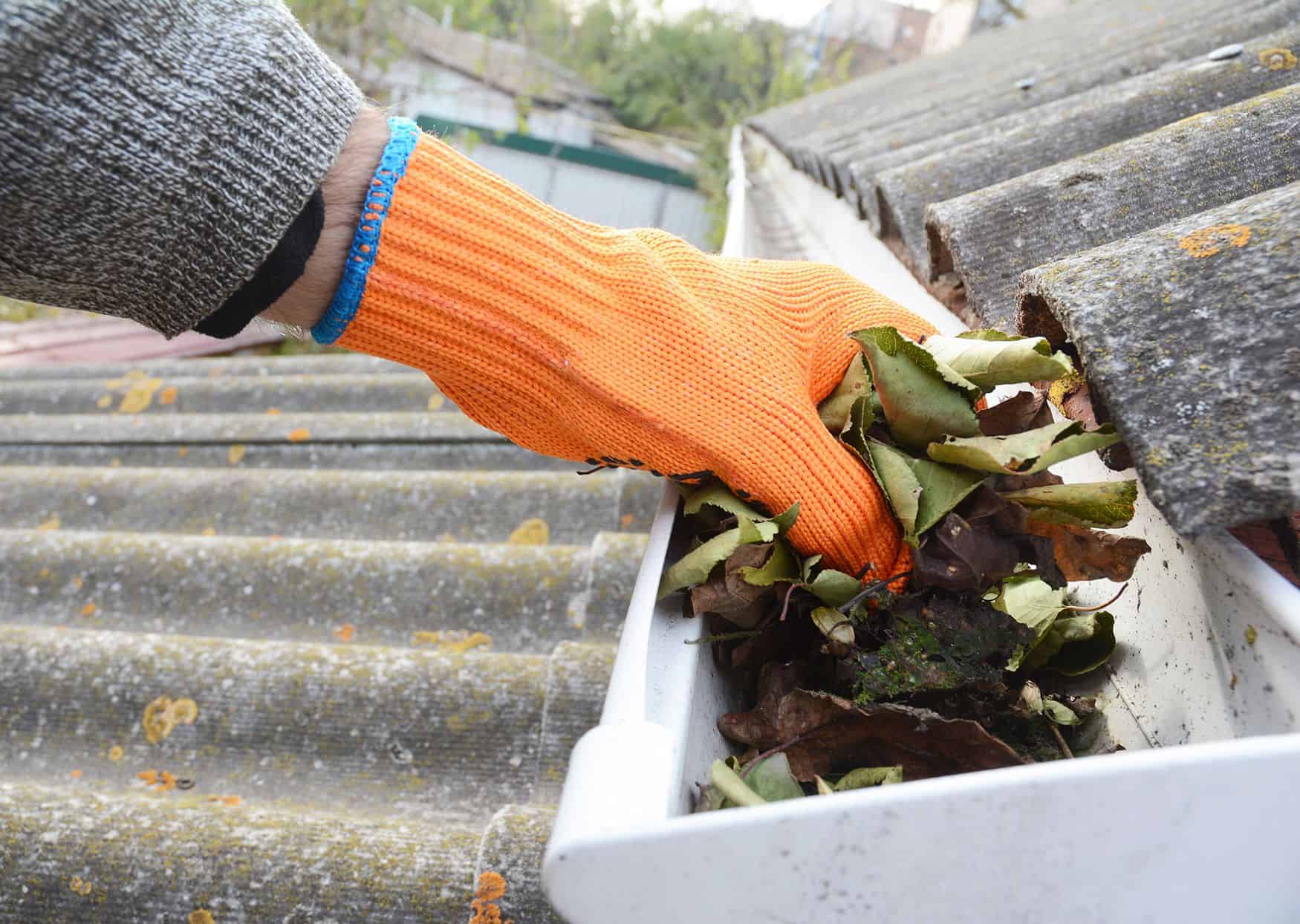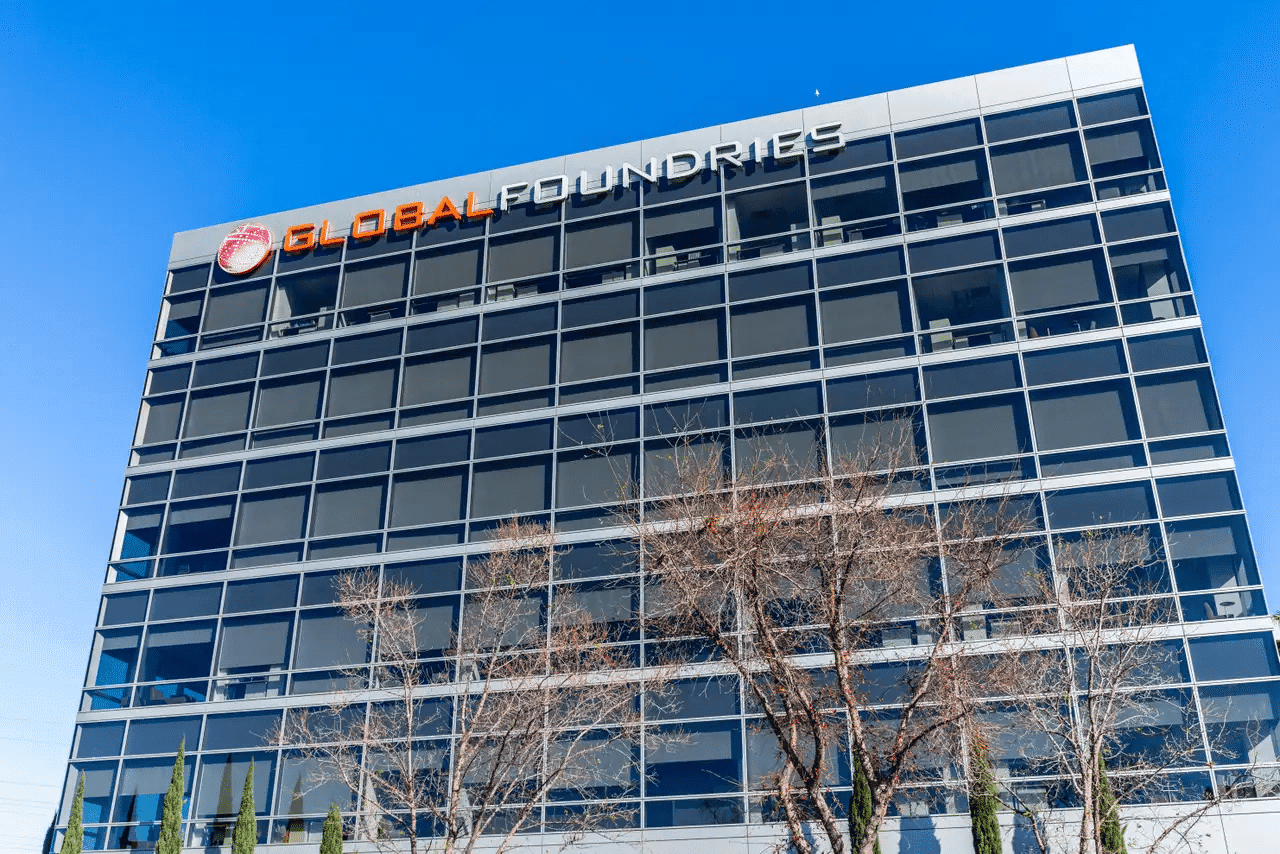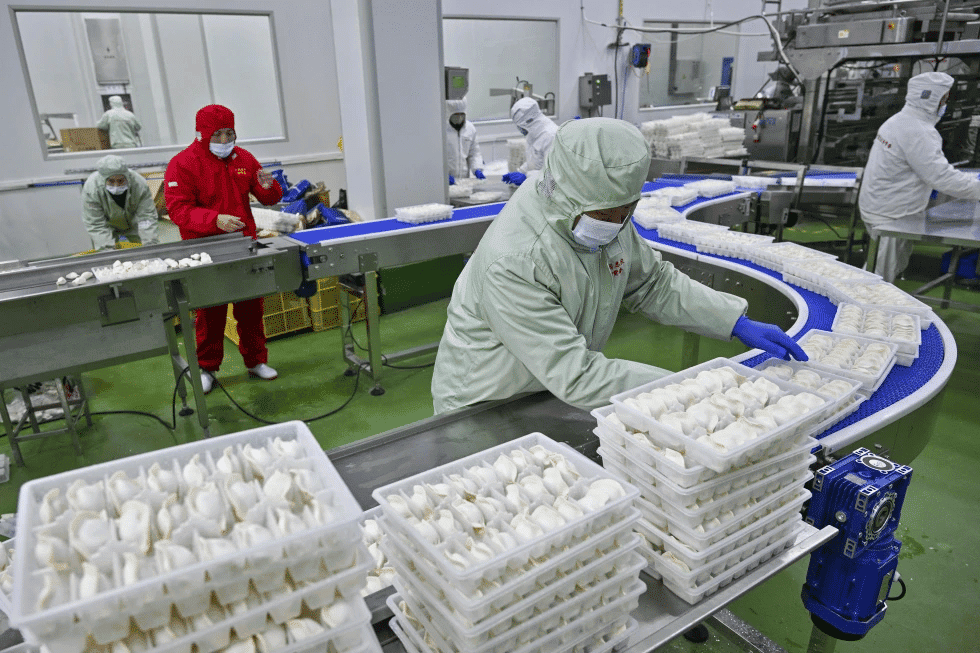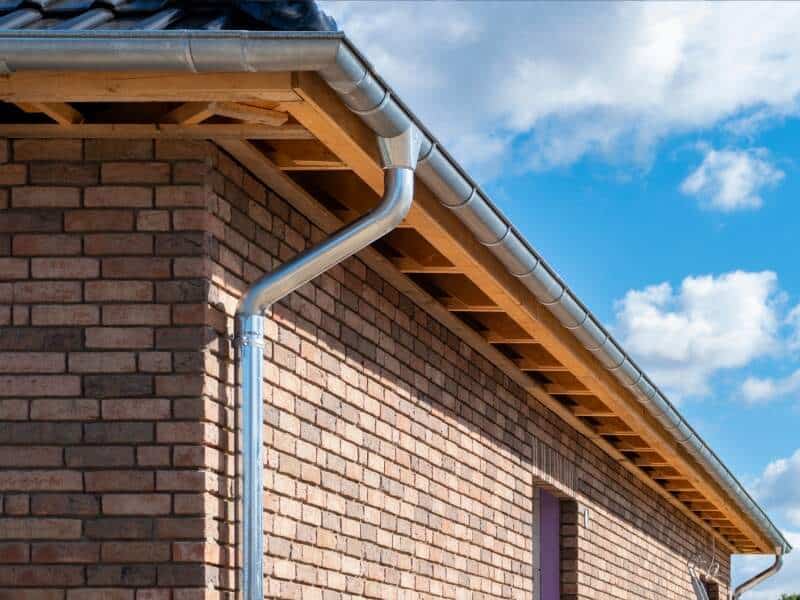
As Minneapolis gears up for the 2025 construction season, the city stands at the crossroads of transformation and complication. The ambitious development plans aim to modernize infrastructure and enhance urban living, yet they inevitably bring a unique set of challenges. How will Minneapolis navigate these complexities while ensuring sustainable growth?
The Blueprint for Progress
Historically, Minneapolis has been a beacon of architectural prowess, and the upcoming construction endeavors promise to uphold this heritage. The 2025 construction season is no exception, focusing on revamping streets, bridges, and essential utilities like water supply lines. With a commitment to longevity and efficiency, these projects will help cater to the city’s growing population and strengthen its infrastructural backbone.
Modernizing Urban Spaces
- Reconstruction of key roadways to alleviate traffic congestion.
- Implementation of cutting-edge technology in bridge constructions for enhanced durability.
- Upgrading water supply systems to ensure clean and reliable access to resources.
Each of these projects reflects a meticulous planning process, aiming to create a more interconnected and accessible urban environment for all Minneapolis residents.
Infrastructure Challenges and Solutions
While the excitement around these development plans is palpable, the hurdles to overcome are equally formidable. Urban construction projects often face challenges including budget constraints, logistical hurdles, and environmental considerations.
Financial Constraints
The economic landscape poses a significant challenge to large-scale developments. Municipal budgets must align with the enormous costs linked to infrastructure improvements.
- Deployment of public-private partnerships to help finance projects.
- Innovative funding via municipal bonds and state grants.
Logistical and Environmental Obstacles
With a bustling urban setting, managing traffic diversions and minimizing disruptions is critical. Construction often overlaps with daily life, thus demanding strategic planning.
- Utilizing advanced project management tools to optimize workflows.
- Emphasizing eco-friendly construction techniques to minimize environmental impact.
These approaches are not just about addressing current needs but ensuring the sustainable development of the city.
Creating a Future-Ready City
As the new structures rise, they lay the foundation for a resilient future. Minneapolis’ strategic focus on future-proofing through smart city solutions underscores its proactive stance. From energy-efficient buildings to the integration of IoT in infrastructure, the city is embracing 21st-century advancements.
Adopting Smart Solutions
- Sensor-equipped bridges and roads for real-time monitoring and maintenance.
- Innovative water management systems to combat climate change challenges.
These projects aim not only to meet the needs of today but also to anticipate the demands of tomorrow, setting a benchmark for urban renewal strategies worldwide.
The Road Ahead
The journey of revitalizing Minneapolis’ infrastructure is as much about its people as it is about the projects themselves. Engaging with the community and fostering a culture of involvement is key to ensuring the successful realization of this vision.
If you’re a stakeholder or resident, your voice matters! Participate in town hall meetings, provide feedback, and stay informed about construction updates. Contributions from all corners of the community will play a crucial role in shaping a city that everyone can be proud of.
In conclusion, the Minneapolis construction boom of 2025 symbolizes a monumental step towards progress. By balancing aspirations with challenges, the city is well on its way to emerging as a leader in urban infrastructure development. Let’s all be a part of this exciting journey!













